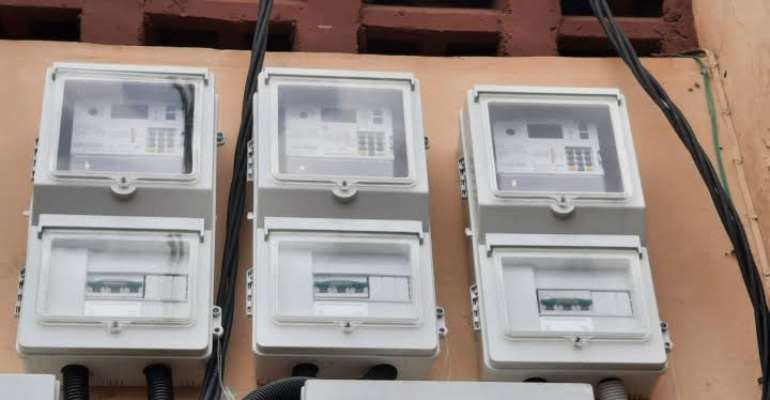Electricity Tariff Hike And Implications For The Nigerian Economy

Nigerians are living under intense pressure engineered by the cost of living crisis. Recently, the Tinubu administration is mauling another anti-people policy that of increasing tariffs on electricity. The protagonists of this policy persuasion argue that increase in electricity tariffs will stabilize power supply because of the involvement of the active segment of the private sector and the various state governments.
Here, a public affairs analyst Dr. John Idumange analyzes the implications of the policy on the economy.
He posits that If electricity tariffs are increased, the cost of production for businesses will increase, leading to higher prices for goods and services. This will likely lead to inflation as consumers will have to pay more for products.
He also argued that higher electricity tariffs will increase the cost of living for consumers, as they will have to pay more for their electricity bills. This will put pressure on household budgets and reduce disposable income and worsen the cost of living crisis in the country.
His contention is that Increased electricity tariffs may make it more expensive for businesses to operate in Nigeria, which could impact their competitiveness both domestically and internationally. This could lead to job losses and a slowdown in economic growth. Already the Nigerian Economy parades bad statistics such as unemployment, high Consumer Price Index, increasing poverty and low human development index.
In the same vein, Dr. Idumange argues that higher electricity tariffs could also deter foreign investment in Nigeria, as companies may be put off by the increased costs of doing business. This could further hinder economic growth and development in an economy that is already starved of foreign direct investment.
It is plausible to reason, according to Dr. Idumange that Increasing electricity tariffs could exacerbate energy poverty in Nigeria, as lower-income households may struggle to afford their electricity bills. This could lead to social unrest and an increase in poverty levels.
He therefore advised the federal government to shelve the idea of increasing tariffs on electricity because of the negative implications of the policy for the economy. On the contrary he urged the various States to emulate the example of governor Alex Otti of Abia State to embark on independent power projects and give consumers a tax Holliday to mitigate the hardship imposed on them by bad economic policies. Government should consider the economic implications of higher inflation, increased cost of living, reduced business competitiveness, lower investment, and worsened energy poverty before implementing the policy. "WE cannot live in a democratic nation and deploy anti-people policies to worsen the suffering of Nigerians, he reiterated!
